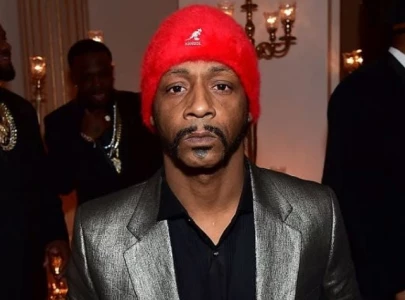
An AFP journalist reported gunshots and tear gas were fired by security personnel directly at demonstrators, who had gathered in their thousands outside the regional government headquarters.
The measures failed to disperse protesters, who responded by hurling Molotov cocktails and letting off fireworks at the security forces.
Six protesters killed in southern Iraq rally
Security forces later stopped firing in the direction of protesters and instead fired shots in the air and used tear gas.
"One demonstrator was killed and 25 others wounded, including some seriously," said Mehdi al Tamimi, head of the government's human rights council in Basra province.
Medical sources confirmed to AFP the death of a young man.
Reinforcements had been sent to Basra and concrete blocks erected to protect the government building, which for demonstrators has become a symbol of state corruption and neglect.
Basra and the surrounding province have been the focus of angry anti-government demonstrations that have rocked Iraq since early July.
Residents are particularly angry over pollution of the local water supply, which has put 20,000 people in hospital.
On Tuesday six demonstrators were killed and more than 20 wounded during the bloodiest day of clashes with security officials, a local official and medics said.
The authorities said that 30 security personnel were also wounded in the violence "by grenades and incendiary objects".
Commander Jamil al Shammari said an overnight curfew was being imposed and more security personnel deployed in the city.
The United Nations envoy to Iraq had called for 'calm' in Basra ahead of Wednesday's clashes and urged the authorities "to avoid using disproportionate, lethal force against the demonstrators".
The UN's Jan Kubis also asked the government to "investigate and hold accountable those responsible for the outbreak of violence" and "do its utmost to respond to the people's rightful demands of clean water and electricity supplies".
In his weekly press conference in Baghdad on Tuesday, Iraqi Prime Minister Haider al Abadi said he had ordered "no real bullets...to be fired, in the direction of protesters or in the air".
Shia leader Moqtada Sadr said in a tweet ahead of the latest clashes that "vandals infiltrated" the protests.
Iraq is currently in a state of political limbo.
Sadr's political bloc won the largest number of seats in national elections held in May, and he is trying to form a new government with Abadi.
The authorities have pledged to take measures to put an end to the health crisis that has ravaged the oil-rich province of Basra.
Abadi announced overnight that he had met lawmakers from Basra, who are in Baghdad for the first parliamentary session since the elections.
Iraqi resort a macabre emblem of war and state decay
He again indicated that water pollution would be addressed, without specifying any measures.
In July, the government announced a multi-billion dollar (euro) emergency plan for southern Iraq, to revive infrastructure and services.
But protesters are wary of promises made by the outgoing government, as negotiations drag on over the formation of the next administration.




1730464033-0/BeFunky-collage-(12)1730464033-0-165x106.webp)

1732445375-0/Untitled-design-(9)1732445375-0-270x192.webp)


1732428810-0/Copy-of-Untitled-(3)1732428810-0-270x192.webp)
1732425487-0/BeFunk_§_]__-(42)1732425487-0.jpg)






COMMENTS
Comments are moderated and generally will be posted if they are on-topic and not abusive.
For more information, please see our Comments FAQ